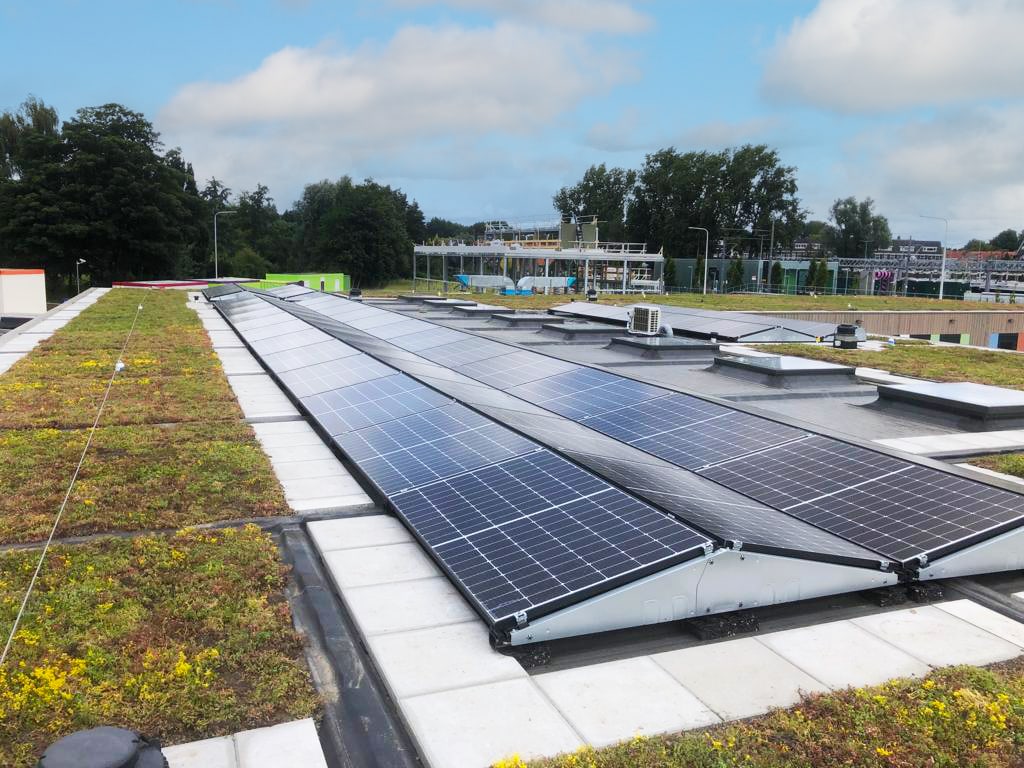Duurzaamheidsdoelen bereiken met modulaire bouw
Modulaire bouw wint razendsnel aan populariteit in de bouwsector, en met goede reden. Dutch Cabin Group is een toonaangevende speler op het gebied van modulaire bouw in Nederland en zet zich in voor een duurzame toekomst.

Onze missie is om modulaire bouwoplossingen te bieden die niet alleen efficiënt en kostenbesparend zijn, maar ook een minimale impact hebben op het milieu. We zijn continu bezig met het verbeteren en innoveren van onze processen en producten om te voldoen aan de hoogste duurzaamheidsnormen.
Hier zijn enkele voorbeelden van onze duurzaamheidscommitment tot 2030:
- Gebouwen produceren op een klimaatneutrale manier met 100% duurzame materialen.
- Onze klanten in staat stellen om de koolstofuitstoot via onze mogelijkheden in gebruik, te halveren.
- De circulariteit van ons bedrijf uitbreiden en ontwikkelen door voortdurend onze circulaire stromen te vergroten.
Samen streven we naar de beperking van de opwarming van de aarde van maximaal 1,5 graden.
“Om de uitstoot onder de 1,5 graden te houden, is het voor Nederland noodzakelijk om de komende jaren grote stappen te zetten op het gebied van verduurzaming. De bouwsector is momenteel verantwoordelijk voor zo’n 40% van de CO2-uitstoot in Nederland. Daarnaast is er de ambitie om in Nederland tot 2030 ongeveer 900.000 nieuwe woningen te bouwen. Dit lijkt in strijd met de doelstellingen voor een duurzamere toekomst maar dat hoeft niet zo te zijn.” vertelt Johan Jansen, Sustainability Coordinator bij Dutch Cabin Group.
Modulaire bouw is een duurzame bouwmethode die de CO2-uitstoot met 50% vermindert in vergelijking met traditionele bouw. De bouwmethode verbruikt 50% minder energie en de bouwtijd van een project wordt met 40% verkort.
Op onze productielocaties gebruiken we materialen met hoge isolatiewaarden en efficiënte systemen om te voldoen aan de hoge energie-efficiëntie normen. Energiebesparende maatregelen, zoals hoge isolatiewaarden, PV-panelen en geen beton, worden toegepast om zelfvoorzienend te zijn en geen energie te gebruiken bij de materialenkeuze. De gebruikte duurzame materialen, zoals hout en andere biobased materialen, hebben een positieve carbon footprint omdat ze gemaakt zijn van hernieuwbare grondstoffen.
Dutch Cabin Group is gericht op het verbeteren van de handprint om de footprint te beïnvloeden en streeft naar koolstofneutraliteit tegen 2030. Modulaire gebouwen hebben een gemiddelde levensduur van 60 jaar en kunnen daarna op een andere locatie een nieuw leven krijgen.